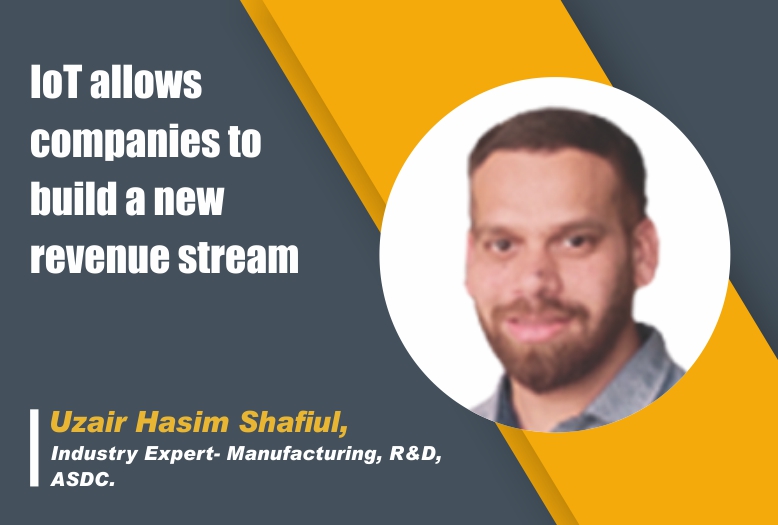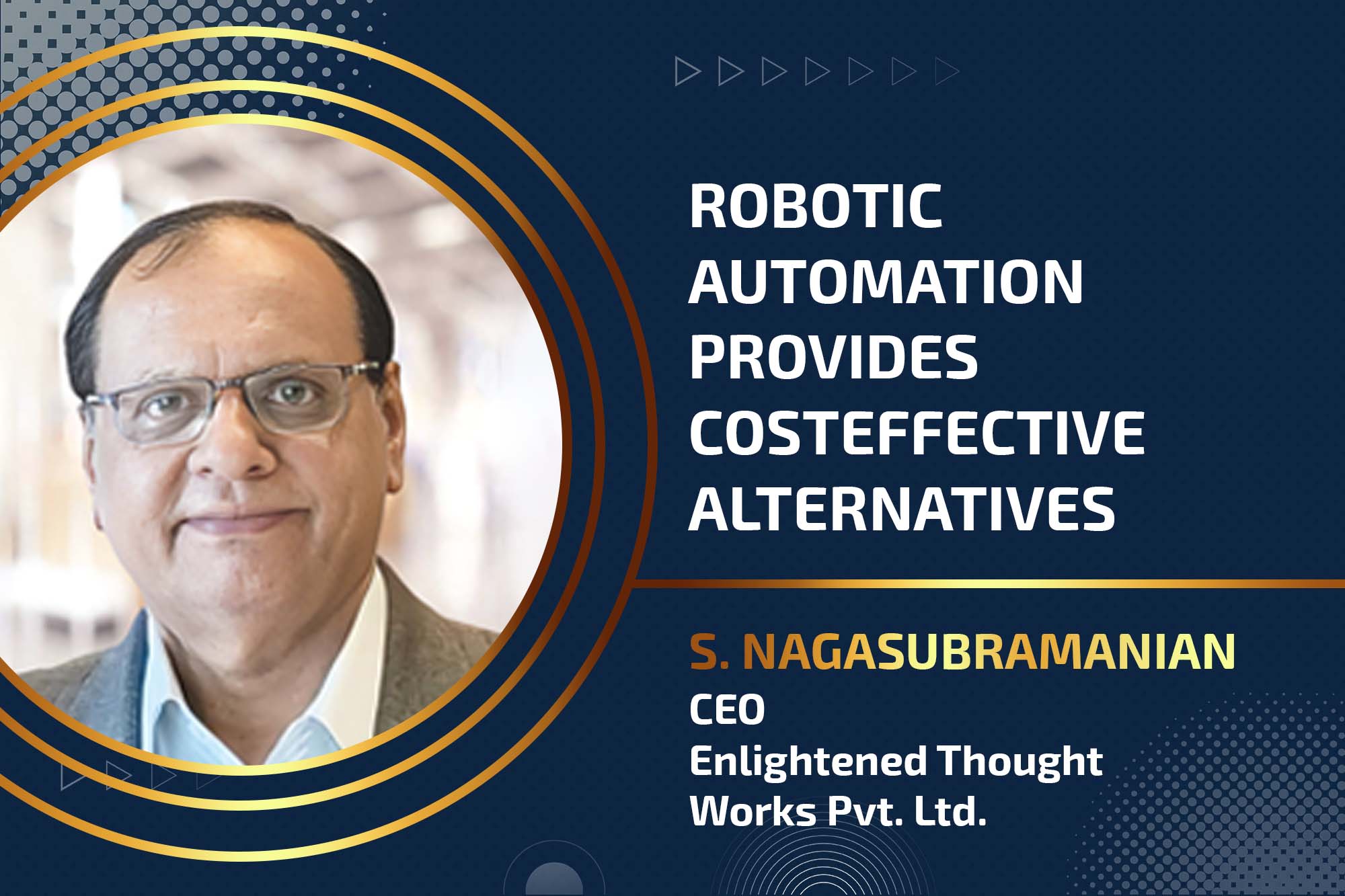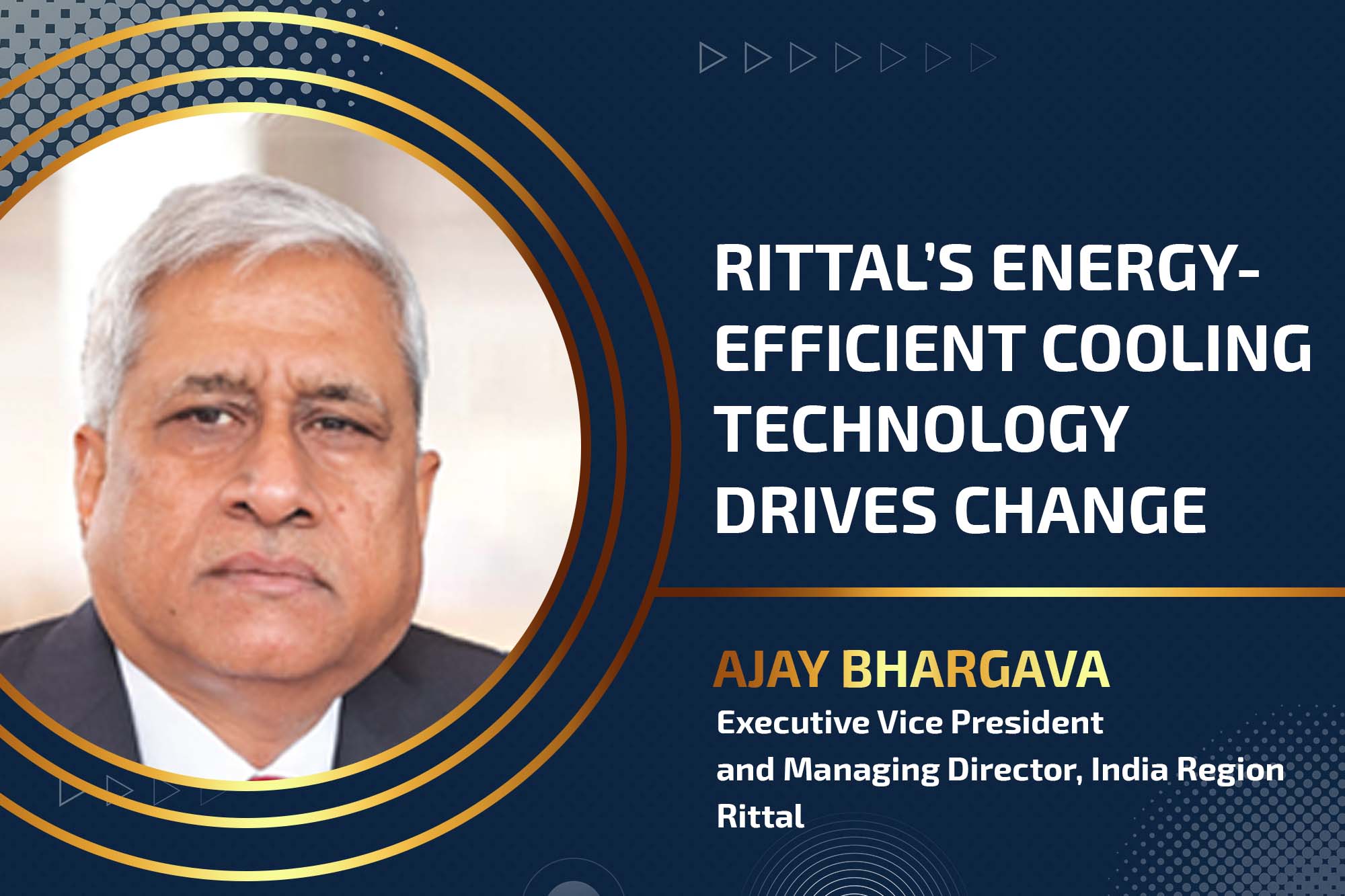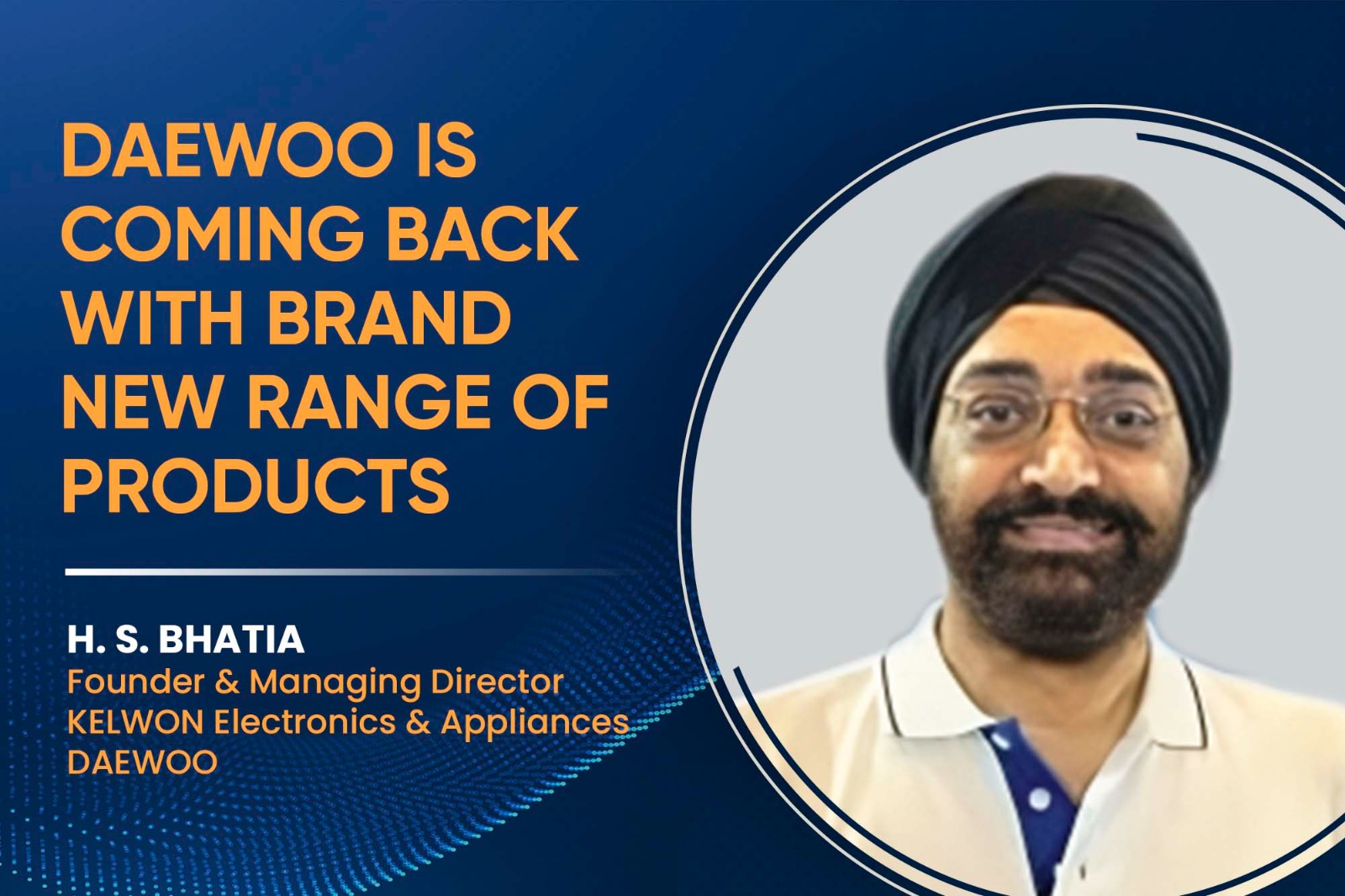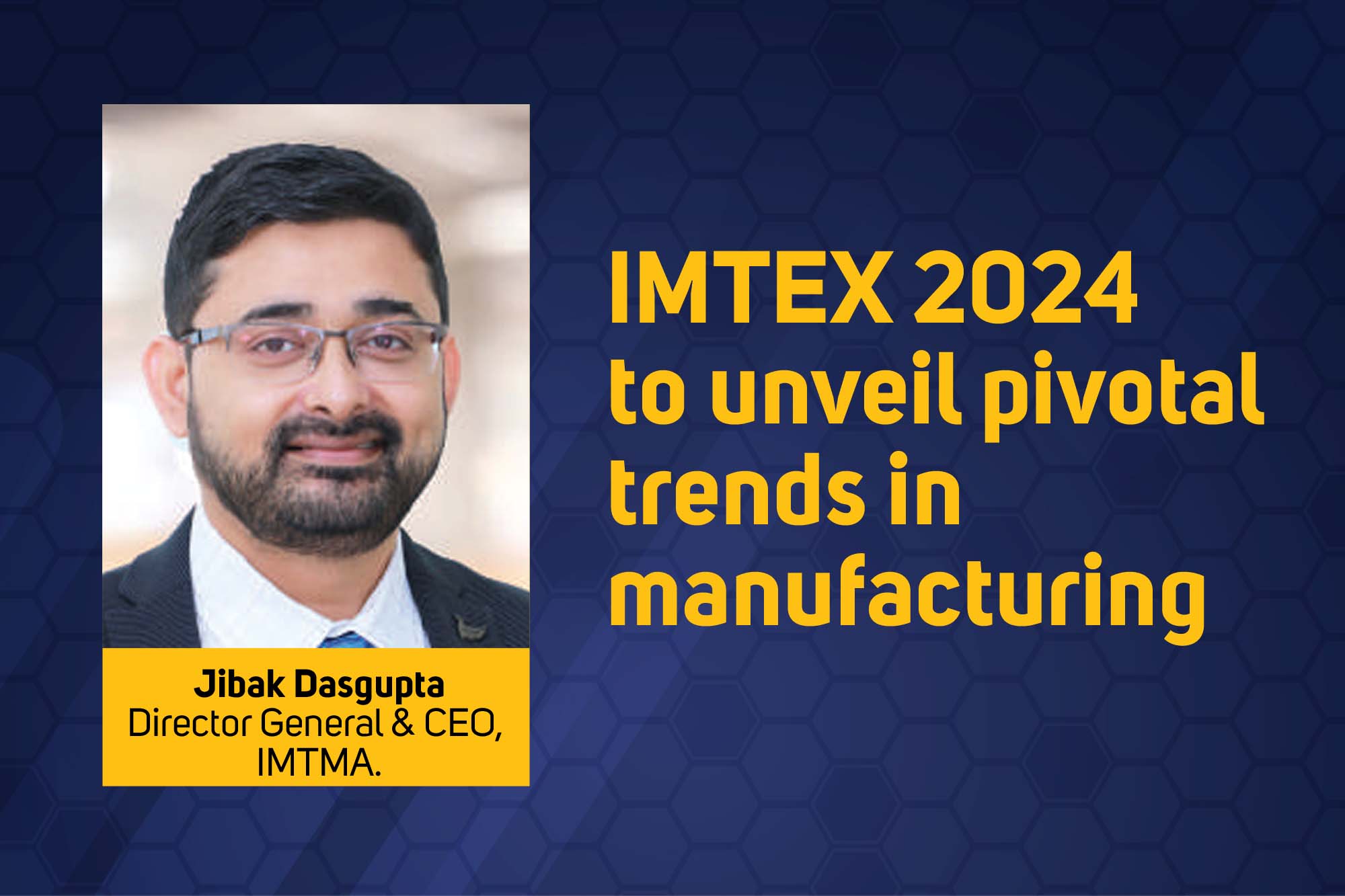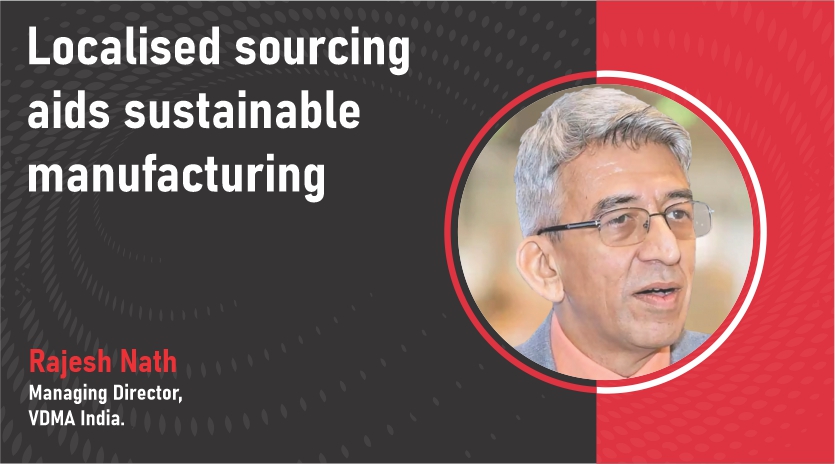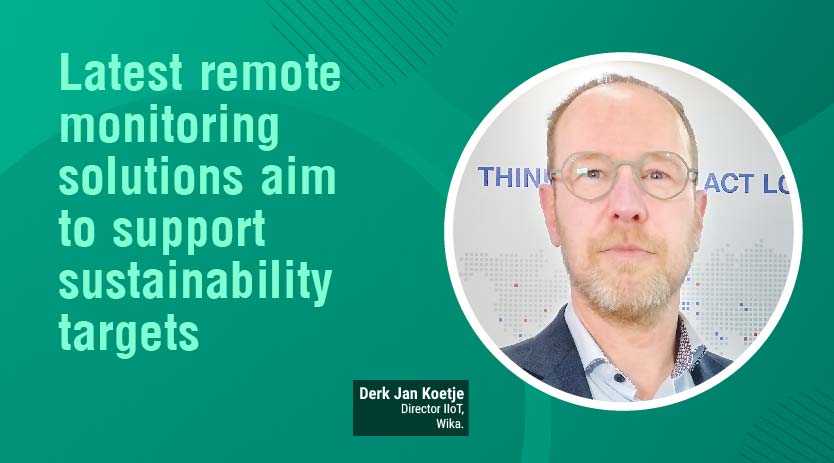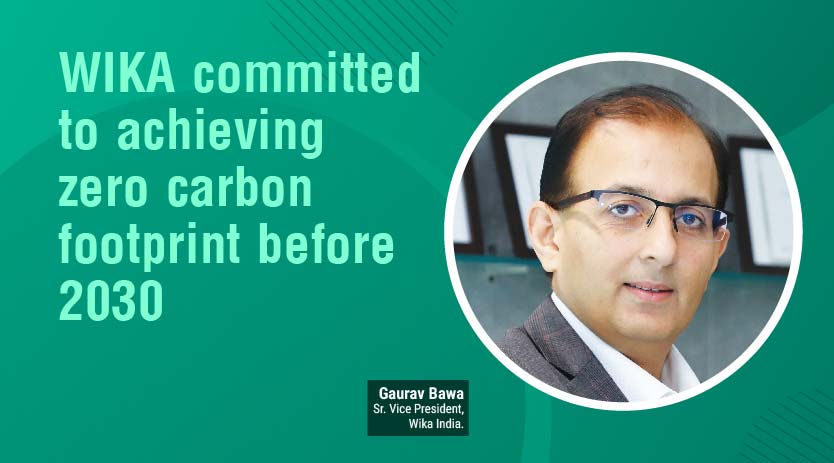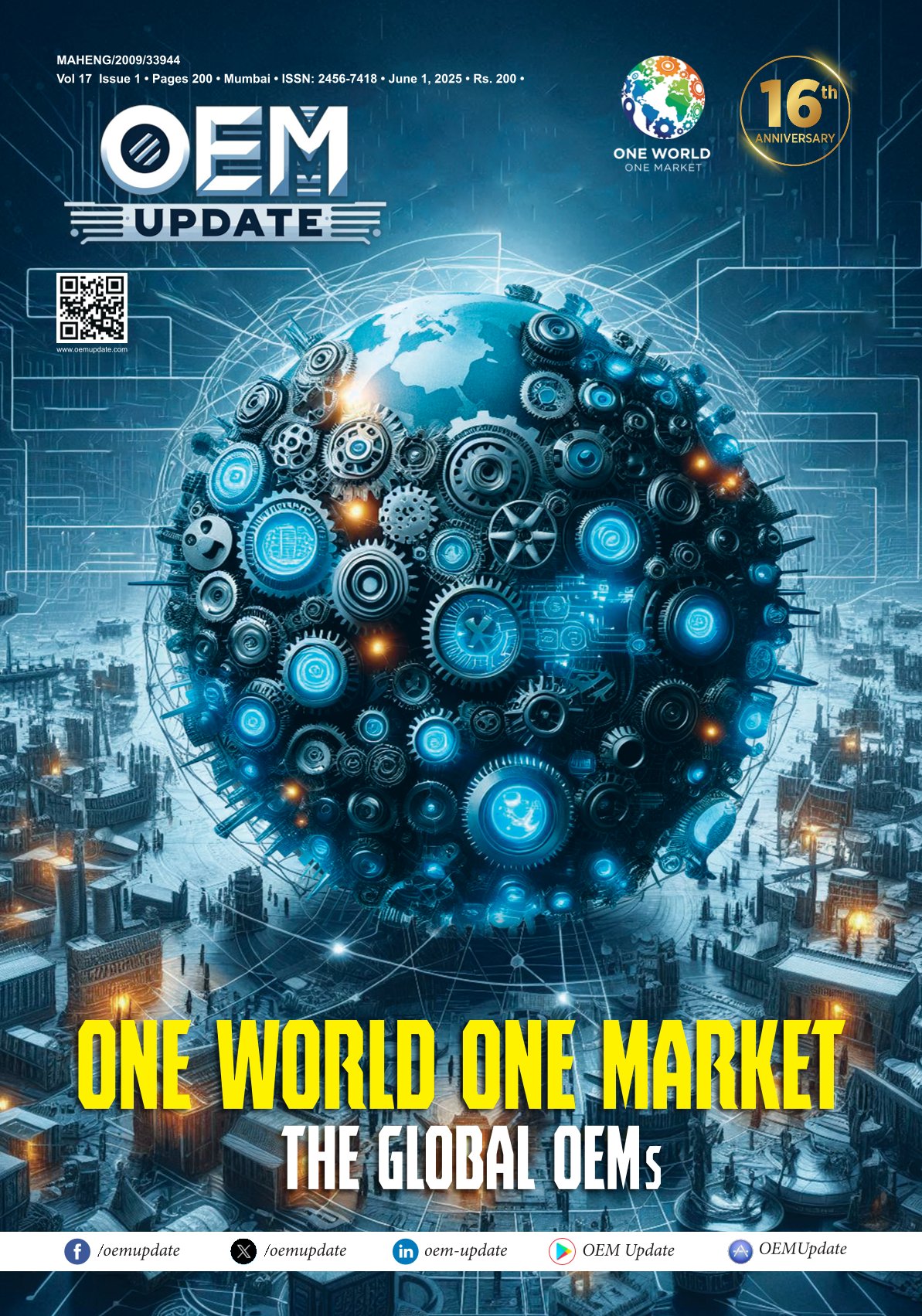IoT allows companies to build a new revenue stream
By OEM Update Editorial January 3, 2022 4:45 pm IST
Invest in transformative technologies, such as machine learning, AR and machines with AI to achieve efficiency benefits.
Myths and barriers of industry 4.0 and 5.0 adaptation
Today, industry experts are primarily focusing on how the IoT applications can replace it in different fields like manufacturing, power plants, agriculture, and so on. Despite the need for the total digital transformation, the misconceptions are making the business postpone their IoT initiatives, due to some concern points. So planning for the worst is fundamental. There is a lot of confusion about what precisely IoT is and how it will function exactly in reality, we want to clarify these discussions. So here are some of the myths which I wanted to break.
Breaking the myths I have seen so many OEMs, they’re using legacy machines, like 20 years old machines. So this IoT has the facility that we can convert any kind of the legacy machines, and putting some IoT sensors into that we can fetch some vital data like machine health conditions, and operator status and safety. And we can turn our control from everywhere.
An IoT is only for large manufacturing organisations. The fact is that IoT applies to organisational factors, because many SMEs generally think that AI is only for large enterprises. Mostly, organisations of all sizes can implement IoT solutions.
Due to information about IoT security recently, manufacturing companies argue that it is impossible to secure the technology. Many enterprises have security vendors or startups, they are already making IoT security a priority. In addition to that security standards, bodies are aggressively developing a process and security frameworks so that the systems can be safe from any kind of online threats.
This is really about device connection. The fact is that IoT is all about creating functional data. Connecting multiple devices is the best way to collect device data, valuable results from generating to real time data streams can enable actionable insights to improve decision making.
Implementing IoT for production involves huge costs. But the fact is that IoT allows the companies to build new revenue streams over the long term.Barriers to overcome
We have found few barriers which we need to overcome as early as possible. The one is that combined information technology and operational technology, because so far, we don’t have any kind of job roles or qualification pack which will support these kinds of technologies. So, when we are able to do it, I integrate the PLCs with any automation elements and robots and other things internally. We never take the data into the cloud. So, we are going to develop the first time in the history a qualification pack, we are making cross sectoral QP qualification pack that is an IT kind of combining with automotive skill development. We are making it together like cross sectoral QP. So, definitely this kind of QP will help to prepare and train employees. So, as I said, the first one is about the creation of the new qualification pack. The second one is that based on the qualification pack, we can create a different responsibility for those job roles. And then the third one is once we have the qualification pack, we can definitely tie up with the different sector skill councils and we can make the employee training plan. So, these are the barriers generally, I mean there to implement industry 4.0 concepts.
Still we are moving towards industry 5.0. That is like mass customisation, we can say that. So here are the opportunities for the industry 4.0 as well as 5.0 also. So, opportunities are increased for overview of maintenance plans. It refers to predictive maintenance as opposed to the maintenance upgrade so far. Smart sensors, IoT devices and customers’ software help to monitor and predict possible failure in due time. This is one of the opportunities and the next one is sustainability.
Industry 5.0 manufacturing
Industry 5.0 manufacturing promises to use resources widely adjusting to the current need. Let us say the collaboration robot as you say cobots, the collaboration between humans and mission leads to flexible business models. Another is human efficiency and productivity. Advanced Technologies bring people back to the centre of production; a collaborative robot can now perform repetitive even dangerous tasks, while people focus on creativity and solutions and then, environmental control inside the factory. Smart connected sensors and customers’ software give the real time and predictive overviews of climate, humidity, temperature and other critical parameters. And finally, forecasting the line production efficiency.
The smart connected machines together with customers’ software, machine learning and additional automation can forecast the production efficiency based on the current activity. This is what the people want: the flexibility process can be adjusted according to the parameters to avoid losses. So I would like to conclude that the hype surrounding the IoT leads manufacturers to believe that they must immediately invest in transformative technologies, such as machine learning, AR and machines with AI to achieve any efficiency benefits.
Cookie Consent
We use cookies to personalize your experience. By continuing to visit this website you agree to our Terms & Conditions, Privacy Policy and Cookie Policy.



